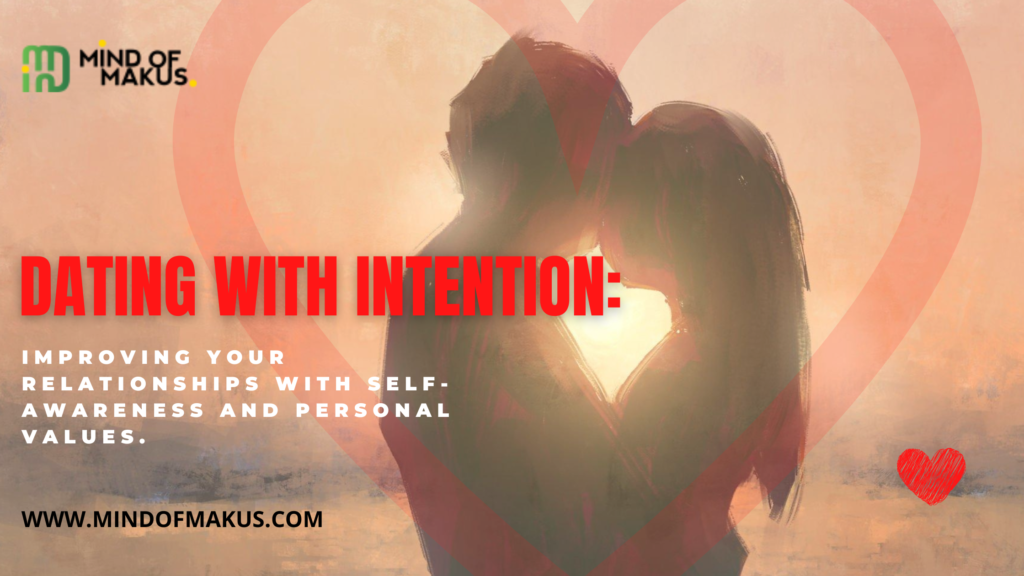Hello dear friend,
How are you doing today. Welcome to another week of sharing my lessons and thoughts with you. I really do enjoy having you on the other end and you are very much appreciated.
The weather is not something that I gave much attention to in the past, but as I started to become more aware of the things that mattered to me, I realised the warm weather came with energy, vibes and joy and cold weather came with coziness, reflection and quiet.
It encouraged me to start to see how to incorporate some of the good things about each extreme into the other, to find some sort of balance. In an ideal world I would take a 5 month holiday somewhere warm and make money on the beach. Alas, we are not there yet, so how do we make the best of what we have? Stay with me.


As the temperatures drop and the days become shorter, many people experience a natural decline in social interactions, party invites dwindle, neighbours hurrying into cars and homes, the value of your close community becomes amplified. If like me you moved away from home, you start to miss the boisterousness of large family life.
Whether it’s the cold weather keeping you indoors or the holiday season heightening feelings of loneliness, winter can feel isolating. Reduced contact with friends and family can take a toll on your mental health, and for some, this isolation can lead to feelings of sadness, anxiety, or depression. It attacks our sense of belonging and safety, somewhere at the bottom of Maslow’s hierarchy of needs.


In this post, we’ll explore the impact of loneliness on mental well-being and offer practical tips to help you maintain strong connections and support systems during the winter season.
The Health Impact of Isolation
Isolation is more than just physical distance from others—it can also be an emotional state of feeling disconnected. Prolonged periods of loneliness can lead to heightened stress, anxiety, and even depression.
It’s important to recognize that isolation doesn’t just affect your mood; it can also impact your overall mental and physical health.
Research shows that loneliness can:
- Increase stress levels, leading to poor mental health.
- Weaken your immune system, making you more susceptible to illness.
- Heighten feelings of sadness or depression, particularly during the winter months, when Seasonal Affective Disorder (SAD) may also play a role.
Staying connected with others during the colder months is crucial in combating these negative effects. Even small acts of reaching out and maintaining relationships can significantly improve your mental well-being.


Practical Tips for Staying Connected During Winter
While winter might limit in-person gatherings, there are still numerous ways to stay connected with friends, family, and your community. Here are some tips to help you combat loneliness and maintain healthy relationships:
1. Leverage Technology for Social Connections
Thanks to modern technology, staying connected with others doesn’t have to be limited to face-to-face interactions. Video calls, text messaging, and social media platforms can help bridge the gap when you can’t physically be with loved ones.
- Host virtual hangouts with friends or family using platforms like Zoom or FaceTime.
- Join online communities or support groups focused on shared interests, hobbies, or mental health discussions.
- Reach out via messaging to check in on friends and family. Even short conversations can boost your mood and theirs.
2. Plan Small Gatherings
If circumstances allow, consider organizing small, safe, in-person gatherings with close friends or family. This could be as simple as meeting for a walk outside, enjoying a cosy meal at home, or having a small game night.
- Stay mindful of safety protocols if hosting or attending gatherings during the colder months, especially during flu season.
- Outdoor activities like hiking, skating, or visiting a park are great ways to connect while staying safe and active. I love the bevy of Christmas related activities that happen and some charities organise events for these.
3. Volunteer or Get Involved in Community Activities
Volunteering can be a powerful way to stay connected and contribute to a cause you care about. Not only does it help you engage with others, but it also fosters a sense of purpose and belonging.
- Look for local volunteer opportunities, whether it’s at a shelter, food bank, or community organization.
- Consider virtual volunteer roles that allow you to give back from the comfort of your home, such as tutoring, mentoring, or supporting mental health hotlines.
4. Participate in Winter-Themed Activities
Use the season as an opportunity to engage in winter-themed activities with others. Whether it’s planning a holiday get-together, building a snowman with family, or having a cozy movie night, winter offers many ways to bring people together.
- Host a virtual movie night where you and friends watch the same movie together via streaming.
- Organize a virtual book club or game night to stay engaged with others over shared interests.
5. Prioritize Meaningful Conversations
Rather than focusing on the quantity of your interactions, focus on the quality. Sometimes, one deep, meaningful conversation can be more impactful than frequent but surface-level chats.
- Check in on friends you haven’t spoken to in a while. Ask how they’re really doing and offer support.
- Practice active listening during conversations and be fully present. This fosters a deeper connection and ensures the person feels heard and valued.
- Have music and motivational, spiritually edifying sounds around you. Don’t stay in your head feeling sorry, you can change the atmosphere around you with sound.
6. Dress Colourfully and smartly
Try not to go dark and gray in your fashion, colours have an impact on our mood and what we were so much so, see this post about dressing for yourself.


7. Keep moving your body.
Exercise, dance, swim and walk, get your heart rate up and have a routine around this daily. It will not only save your mind, but your heart too.
8. Pray
Keep your light spiritually burning with the Word of God, exercise your faith and stay grounded in truth. You may need to set alarms and reminders to study the Word and pray but do it, it is always worth it.
9. Seek Professional Support if Needed
If feelings of loneliness or isolation become overwhelming, seeking professional help is a courageous and important step. A therapist or counselor can provide you with strategies to manage these emotions and support your mental health during the winter months.
- Therapists and counselors are available for virtual sessions, making it easier to access help from home.
- Support groups offer a community of people who are facing similar challenges, providing both emotional support and practical advice.
- Local community centres offer coffee mornings and drop in sessions
Stay Connected, Stay Supported
Plan ahead and start booking and organising, do more self-care, sort out your finances and admin tasks to help you have a seamless holiday season.It is important to recognize the value of recognising the gifts the slow pace can give. Loneliness and isolation can negatively affect your mental health, but with conscious effort, you can combat these feelings and build a strong support system around you.
I encourage you to take proactive steps to prioritize your mental health and keep your social connections strong. Your well-being is worth it!
Until next time, stay authentic,
Stay resilient, and continue to honour your needs.
Live wholeheartedly,
Amaka


